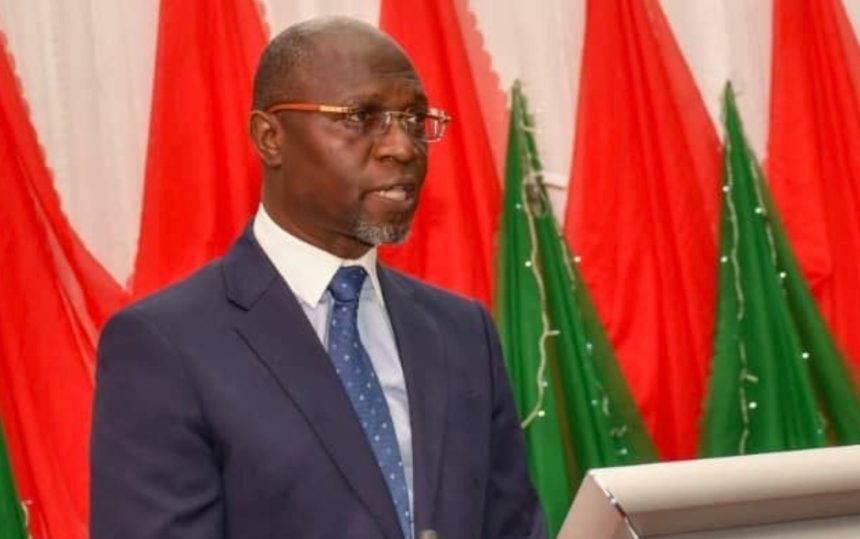The Federal Government has issued six sovereign sukuk bonds valued at N1.1 trillion ($657.6 million) to fund 124 road projects covering over 5,820 kilometers across Nigeria’s six geopolitical zones.
This move underscores the government’s commitment to improving infrastructure through innovative financial instruments.
Emomotimi Agama, Director-General of the Securities and Exchange Commission (SEC), made the announcement during the 2nd International Islamic Capital Market (ICM) conference in Pakistan. He highlighted that the sukuk bonds issued since 2017 have been central to the growth of Nigeria’s Islamic Capital Market (ICM), attracting substantial investor interest with subscription rates peaking at 441 percent.
Agama also noted the increasing trend of sub-national and corporate sukuk issuances in Nigeria, citing examples like Osun and Lagos states, Family Homes Ltd, TAJ Bank Plc, and three other sub-national entities. These sukuk have funded key projects in infrastructure, housing, and banking, marking a milestone in Nigeria’s financial sector.
The SEC chief outlined the diverse investment opportunities now available within Nigeria’s ICM, including 14 registered Halal mutual funds with a combined net asset value exceeding ₦105 billion as of November 2024. The NGX Lotus Islamic Index tracks 11 Shariah-compliant equities, and ChapelHill N-REIT stands as Nigeria’s first Islamic Real Estate Investment Trust, signaling the growing potential for Islamic finance in real estate.
Agama attributed the rising demand for Shariah-compliant products to both global trends—such as economic diversification in oil-dependent economies—and local factors like Nigeria’s large Muslim population, government-backed Sukuk initiatives, and increasing investor awareness. Emerging fintech innovations further support market growth, as evidenced by the SEC’s registration of Nigeria’s first Robo advisory firm focused on Shari’ah-compliant investments in 2022.
Reflecting on the success of the Non-Interest Capital Market (NICM), Agama noted that it has been a strategic tool for infrastructure financing, financial inclusion, and sustainability. He shared that the NICM master plan (2015–2025) aims for Sharia-compliant products to account for 25% of total market capitalization by 2025, with Sukuk contributing 15%. A review of the plan in 2021 set a new goal of 50 Sharia-compliant product listings, totaling at least ₦5 trillion ($11 billion) in market capitalization by 2025.
Agama also acknowledged the 70% success rate in implementing the NICM master plan as of 2022, with key achievements including greater public awareness, increased retail participation in Sukuk, and the introduction of the Non-Interest Pension Fund in collaboration with the National Pension Commission (PenCom). He emphasized the importance of addressing challenges like limited public awareness, the lack of tradable instruments, and the need for better regulatory coordination to sustain the sector’s growth.
The SEC chief also stressed the potential of Islamic finance to address key economic challenges in Nigeria, including infrastructure deficits, financial exclusion, and low mortgage penetration. Agama invited both local and foreign investors to seize the lucrative opportunities presented by Nigeria’s evolving ICM market, which aligns with sustainable economic growth and financial inclusion goals across the African continent.



